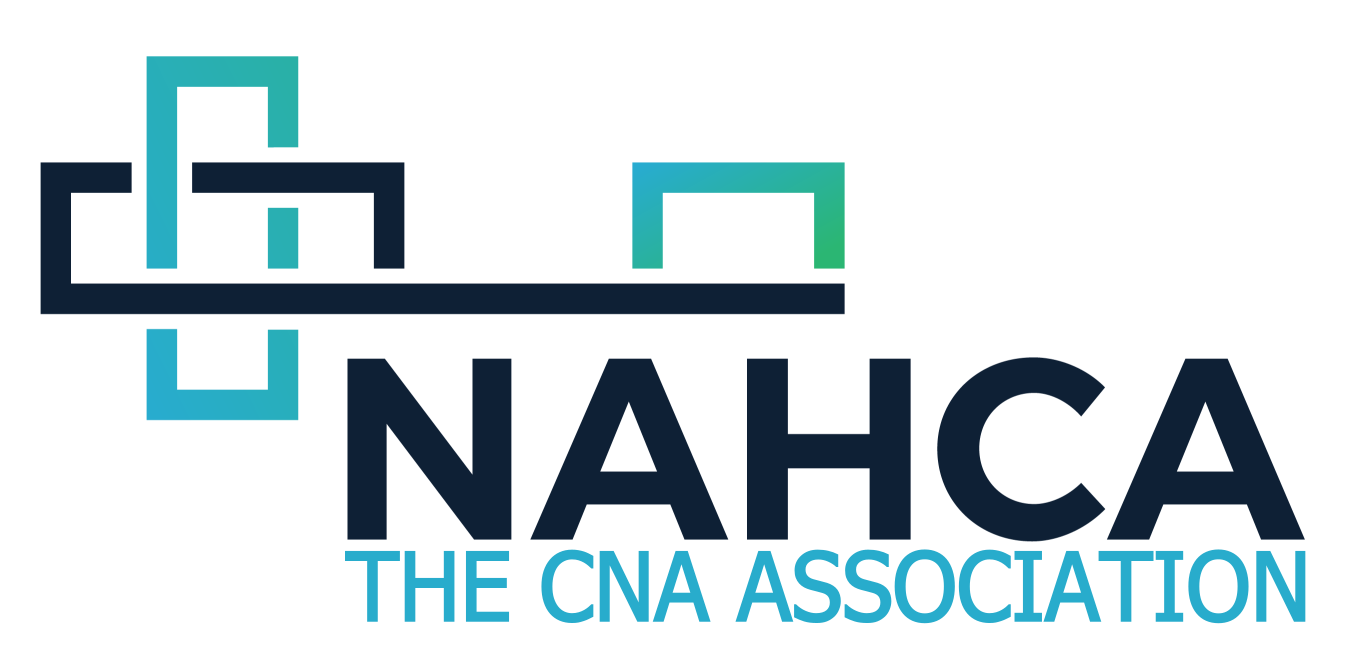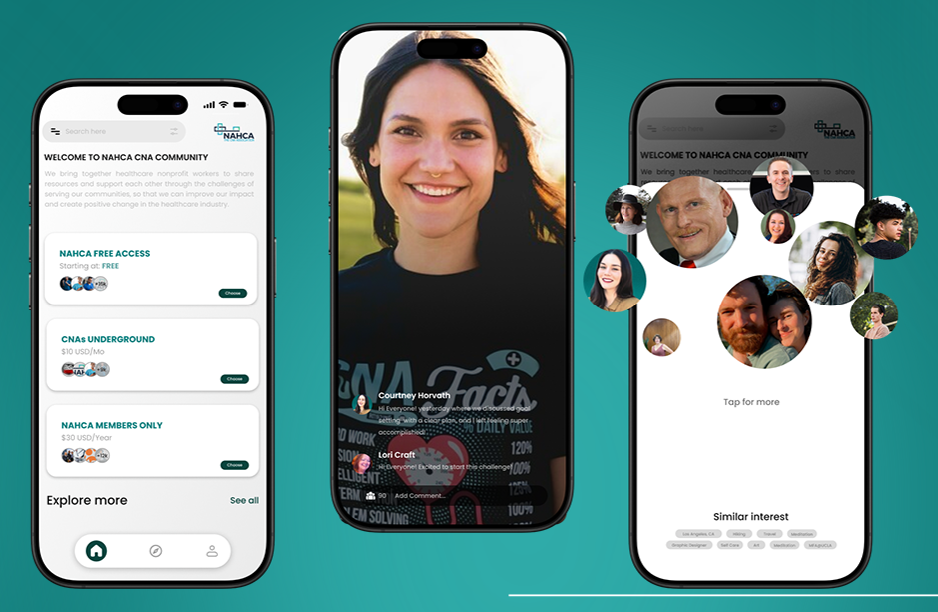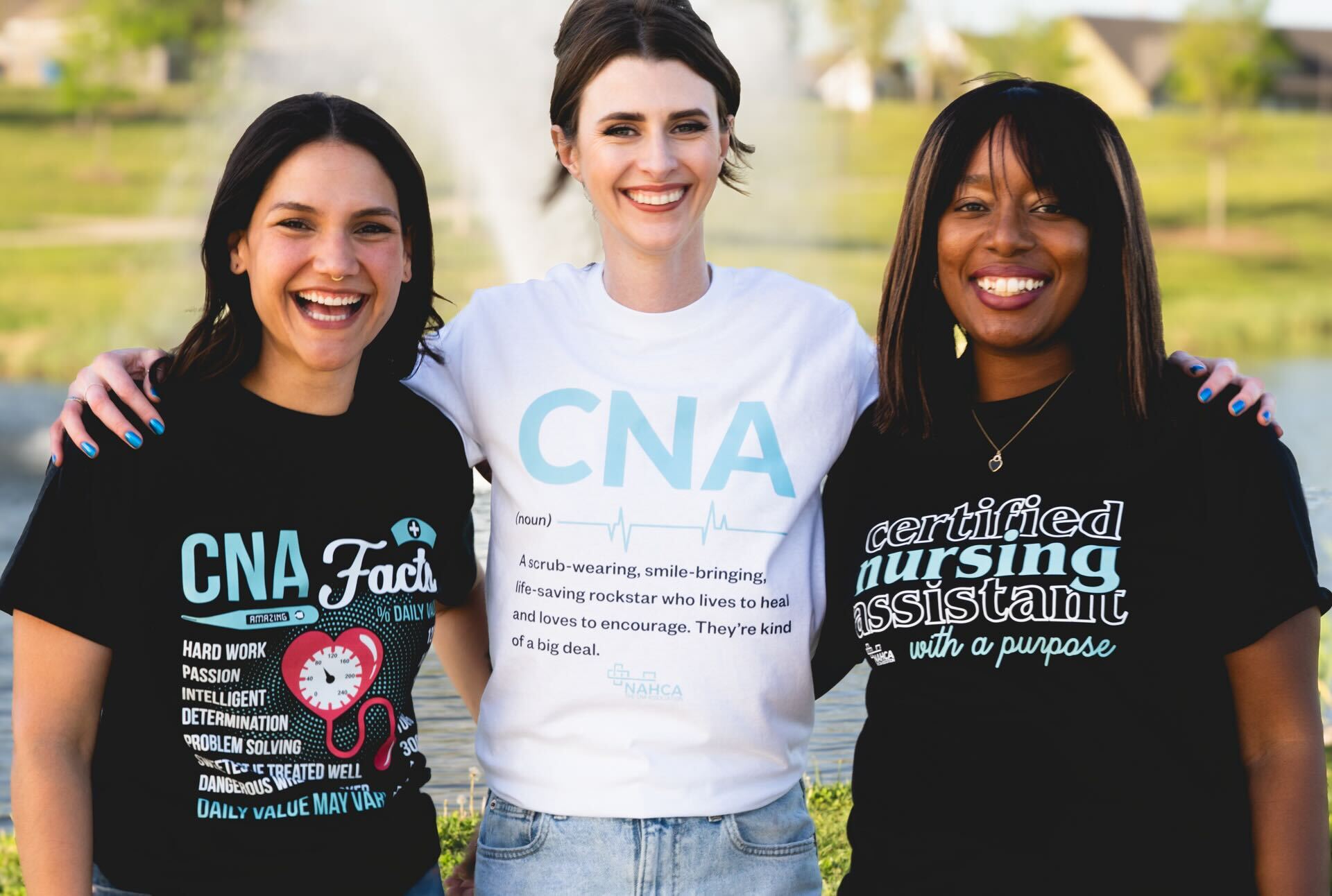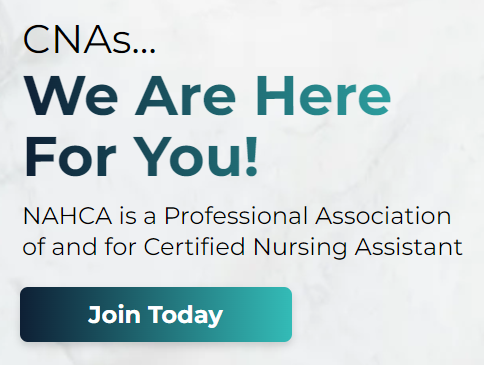Floods, hurricanes, tornados, wildfires, ice storms, and even earthquakes. Natural disasters are happening all the time and with growing frequency. If you are fortunate enough never to be personally affected by a disaster, you probably know someone who has been. Dealing with a crisis can be horrible, devastating, and overwhelming. As CNAs, you seldom have the luxury of taking time off to plan for or recover from a disaster. I hope that we can help make it a little easier.
Planning Ahead (When Possible)
In most cases, you have some time to brace for a disaster. You may not have the time or ability to do things like moving furniture to higher ground, boarding up windows, or putting sandbags around doors and other openings. But there are few fairly quick and easy things you can do:
- Create an easy-to-grab bag with a change of clothes in it, as well as a toothbrush, toothpaste, soap, a towel, a flashlight, and a small first aid kit.
- Have a standing arrangement with a friend or family member that you can go to each other’s homes in an emergency. You may not be able to stay or host for more than a few days, but at least it will give you a safe, comfortable place to regroup and plan your next steps.
- If you will have to go to a local shelter, find out where one is and what restrictions or limits it may have.
- If you have pets, know in advance what you will do. Talk to your veterinarian or local animal shelter about low-cost or free boarding options to keep your pet safe and comfortable. Some shelters also allow pets, so you might want to look into this.
- Have an emergency plan with your family. Know in advance where you will meet, etc. Make sure everyone has important contact numbers in their phones and keep a list on the refrigerator as well.
- Know your workplace disaster plan. What will your company do to keep you, as well as your family, safe if there is a disaster and you are expected to work?
- Have a list and (if possible) photos of any valuables you have. These will come in handy if you have to make insurance claims later.
- Gas is expensive so this isn’t always possible, but if a storm or flood is predicted in your area, try to keep a full or close-to-full gas tank in case you have to evacuate quickly. If you don’t have a car, consider making arrangements in advance to ride with a friend or family member.
Resources Are Available
I’ve been through disasters, including a devastating tornado here in Missouri. So I know from experience how painful, terrifying, and overwhelming recovery can be. But you don’t have to go through this alone. There are many resources out there. Here are a few:
- Federal Disaster Assistance/Relief: https://www.disasterassistance.gov/get-assistance/forms-of-assistance/4500
- Disaster Assistance and Emergency Relief Program: https://www.benefits.gov/benefit/4418
- Disaster Financial Assistance: https://www.usa.gov/disaster-financial-help
- HUD Disaster Resources: https://www.hud.gov/info/disasterresources
- Finding Relief If You Have Been Affected by a Storm: https://www.benefitscheckup.org/disaster-assistance/#!/
- Disaster Relief Services: https://www.redcross.org/about-us/our-work/disaster-relief.html
Your state likely has its own disaster relief programs as well. At the same time, the Red Cross, local churches, and other groups may be giving out free supplies, toiletries, clothes, packaged foods and groceries, and even hot meals. There may even be people available to help you with applications for aid and/or insurance claims.
FEMA Program
If you can’t stay with friends or family and a temporary emergency shelter isn’t an option, FEMA has an Individuals and Households Program to help with temporary housing needs, including:
- Lodging expense reimbursement for short-term stays in hotels or motels.
- Rental assistance for temporary housing or direct temporary housing.
- Money to help repair or replace your primary home.
- Permanent housing construction.
Read more about this program here.
For those living in public housing, the housing authority will work with you and coordinate with FEMA to provide housing assistance. Most often, FEMA rental assistance will help families until they can return to their repaired home.
Be Aware of PTSD
Even after you think you’ve recovered from a disaster, it can come back at you in the form of post-traumatic stress disorder (PTSD). Signs of this include recurrent, unwanted memories of the disaster, feelings like you’re reliving it, bad dreams or nightmares, emotional or physical reaction to something that reminds you of the events, and negative changes in thinking and mood. NAHCA board member Sheena Bumpas listed some resources for mental health services in her recent blog. If you need help, don’t hesitate to reach out. Lots of people experience PTSD after a terrible event, and there is no shame in getting the care you need. In fact, it takes great courage.
I want all our NAHCA members to always be safe and happy. When disaster strikes, please know that we are here to support you any way we can.



